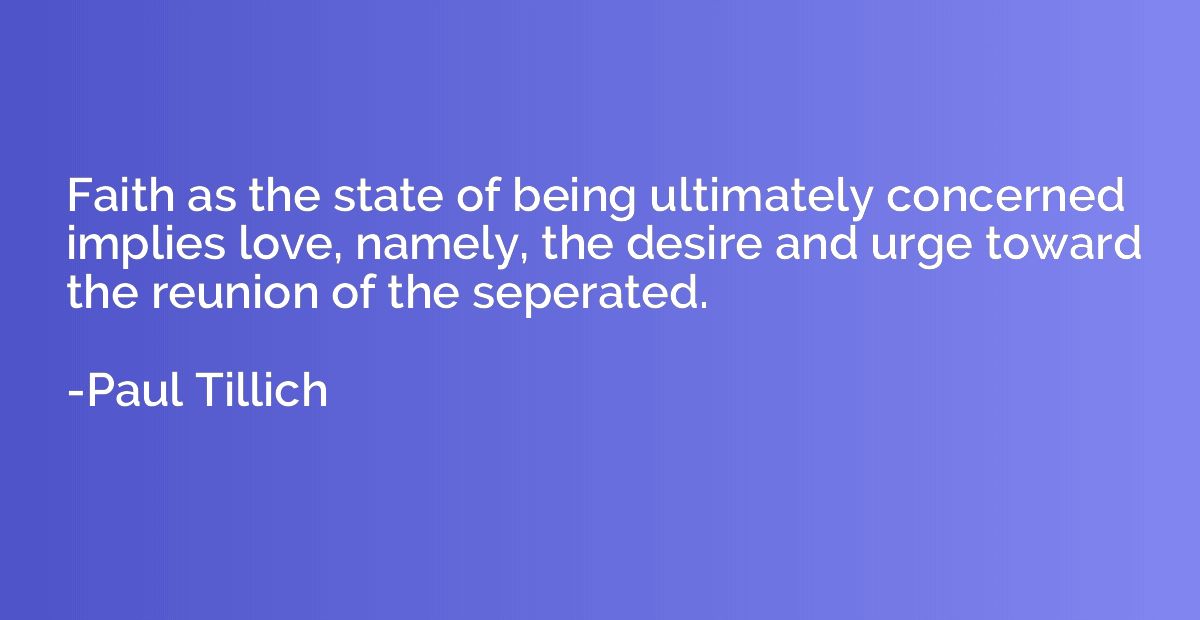Summary
This quote implies that committing a sin and then seeking repentance opens the door to forgiveness. It suggests that making mistakes is an essential part of human nature, and we have the opportunity to redeem ourselves through remorse and a genuine desire to change. On the other hand, choosing not to sin implies avoiding wrongdoing altogether and, therefore, there is no need for repentance. The quote hints at the idea that while sin may lead to punishment, refraining from sinning does not provide the same opportunity for growth and redemption.















